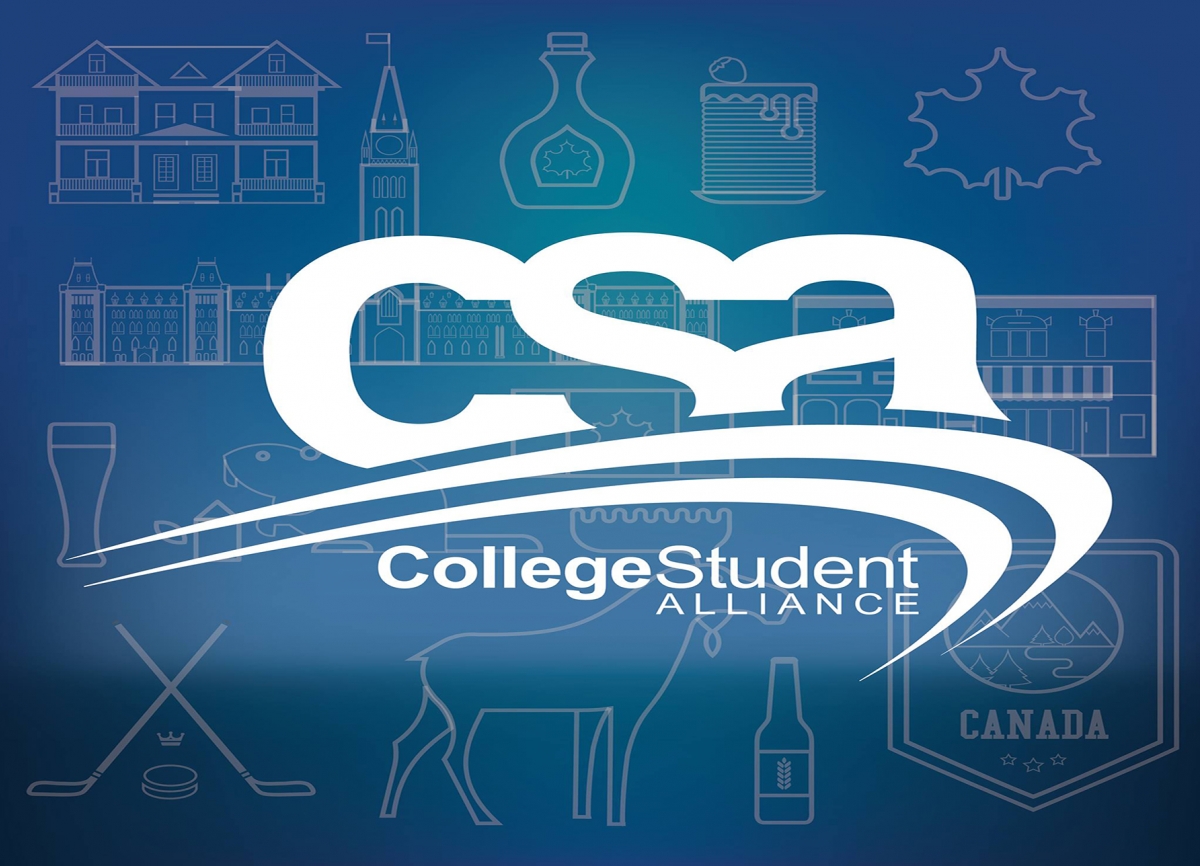
St. Clair’s two student governments – Windsor’s Student Representative Council (SRC) and Thames Students Incorporated (TSI) at the Chatham campus – have announced their intentions to terminate their membership in the province-wide College Student Alliance (CSA) lobbying organization.
The SRC has been a member of the Toronto-based group for over 20 years, joining when it was known as the Ontario Community College Student Parliamentary Association.
The advocacy organization represents the interests of Ontario college students in dealings with the provincial and federal governments and other postsecondary education “stakeholders”. It conducts lobbying efforts on such topics as student aid programs, basic funding of the college system, fee structures, and mental health initiatives for college-aged youth.
In regional and province-wide conferences and symposiums throughout the year, it also provides networking and leadership training opportunities for student councillors within its member schools.
Currently, the CSA has 12 member councils serving ten colleges (one other, like St. Clair, has multiple-council campuses).
At one time, when it had almost 20 members among the two dozen colleges in the province, the CSA could truly say that it represented the majority of college students in Ontario. That is no longer, numerically, the case.
The per-full-time-student fee associated with CSA membership sees St. Clair currently paying approximately $60,000 per year to the provincial organization.
During the past year, SRC and TSI members began questioning the value of that expense in terms of the degree of services and representation that St. Clair has been receiving from the CSA.
Specifically, the Windsor and Chatham student councillors were dissatisfied and disappointed by CSA’s advocacy efforts during the October-November strike by college faculty members at the two dozen colleges. They don’t believe they were kept particularly well informed about the status of negotiations, nor that the Toronto-based lobbyists exerted sufficient pressure on the provincial government to resolve the dispute in an expeditious manner.
And in the latter stages of the strike, the SRC’s and TSI’s leadership took it upon themselves to contact fellow student councils across the province to develop collective proposals to the Ministry of Advanced Education and Skills Development regarding the Strike Relief/Hardship Fund. That was a process that, they contend, should have been coordinated by the CSA, but wasn’t.
Part of the reason for CSA’s perceived lackadaisical effort during the strike crisis may have been associated with the departure (and imminent departure) of both its President and Executive Director in the fall.
SRCers and TSIers have noted, too, that a number of other organizations’ conferences – with one-time registration payments, instead of year-long memberships – provide ample opportunities for networking and leadership training.
In early February, both the SRC and TSI approved motions to launch the “termination of membership” process outlined in the CSA’s bylaw.
That requires the councils to give the provincial organization two months’ notice of their intention to quit … meaning that the SRC and TSI will officially debate and vote on the termination proposal in April.
The CSA bylaw also states that it must be allowed to provide literature and an in-person speaker prior to a termination vote, so that it can attempt to sway a council’s decision towards retaining its membership.







